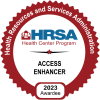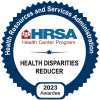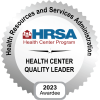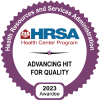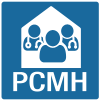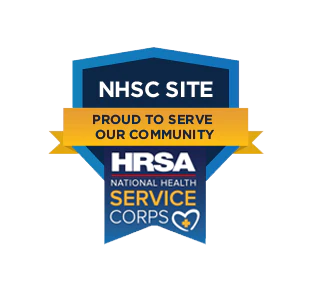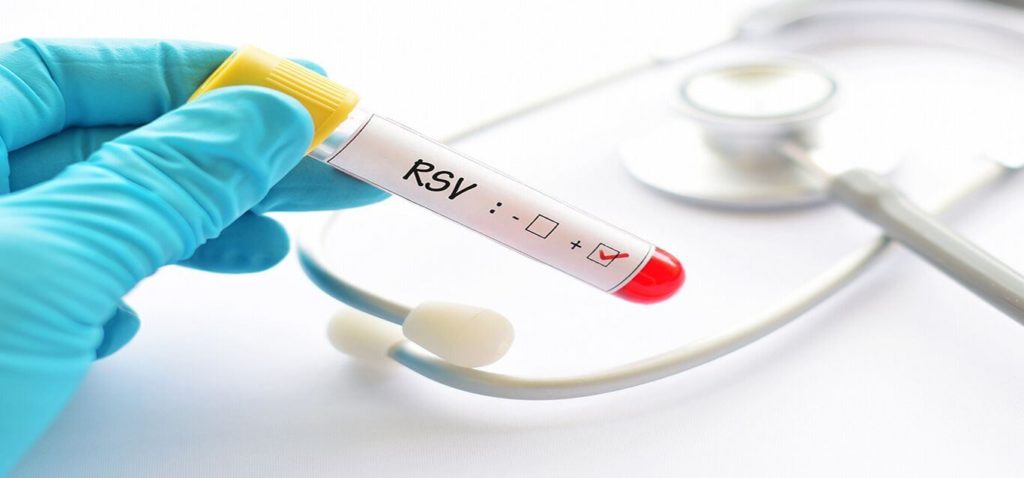
This post was written by Dr. Troy Doetch, MD*, a Doctor of Family Medicine at the Beloit Area Community Health Center. *Dr. Doetch has now retired, we wish him nothing but the best!
Symptoms mimic the characteristics of common colds
Respiratory Syncytial Virus, or RSV, is highly contagious and affects the lungs and breathing tracts in the human body. While the virus can affect people of all ages, those at a higher risk of developing complications are infants, children, elderly, and those with a weakened immune system. The virus reaches its peak during the end of the fall season and our clinic has seen several cases in the last few weeks.
How is RSV spread?
RSV is spread through tiny water droplets containing the virus when someone coughs or sneezes and enters the body through the eyes, nose or mouth. The virus can also survive on surfaces, meaning someone can become infected by touching an object that is contaminated. Due to its easy method of transmission, schools may struggle to keep RSV contained.
Symptoms of RSV usually begin four days after becoming infected and are often mild and mimic the characteristics of common colds such as; sore throats, dry coughs, nasal congestion and a low-grade fever. These symptoms may persist for one to two weeks.
For infants, children, elderly, and those with a weakened immune system, RSV can quickly spread to the lower respiratory tract and cause further complications of bronchitis or pneumonia. You should seek immediate medical attention if anyone begins to experience; wheezing, severe coughing fits, difficulty breathing, dehydration, or a persistent fever over 102 degrees.
Treatment of RSV
Your medical provider can diagnose RSV during a physical exam. Since RSV is a virus, antibiotics are not needed for treatment. Instead, managing the symptoms of RSV can usually be accomplished with rest, drinking plenty of fluids, and taking appropriate doses of fever reducers. With more severe symptoms, a trip to the hospital may be required.
With the holidays upon us, it is important to practice good hygiene to further prevent the spread of RSV and other viruses. This includes; handwashing, keeping surfaces clean, and avoid sharing drinks and utensils. Parents can take advantage of the long Thanksgiving weekend to wash their children’s coats, hats and other clothing in hot water to kill any viruses or bacteria that may be on them.
Have questions or looking to speak with a Provider? Call CHS at 608-361-0311 today.
More information about RSV can be found on the CDC’s Website.






